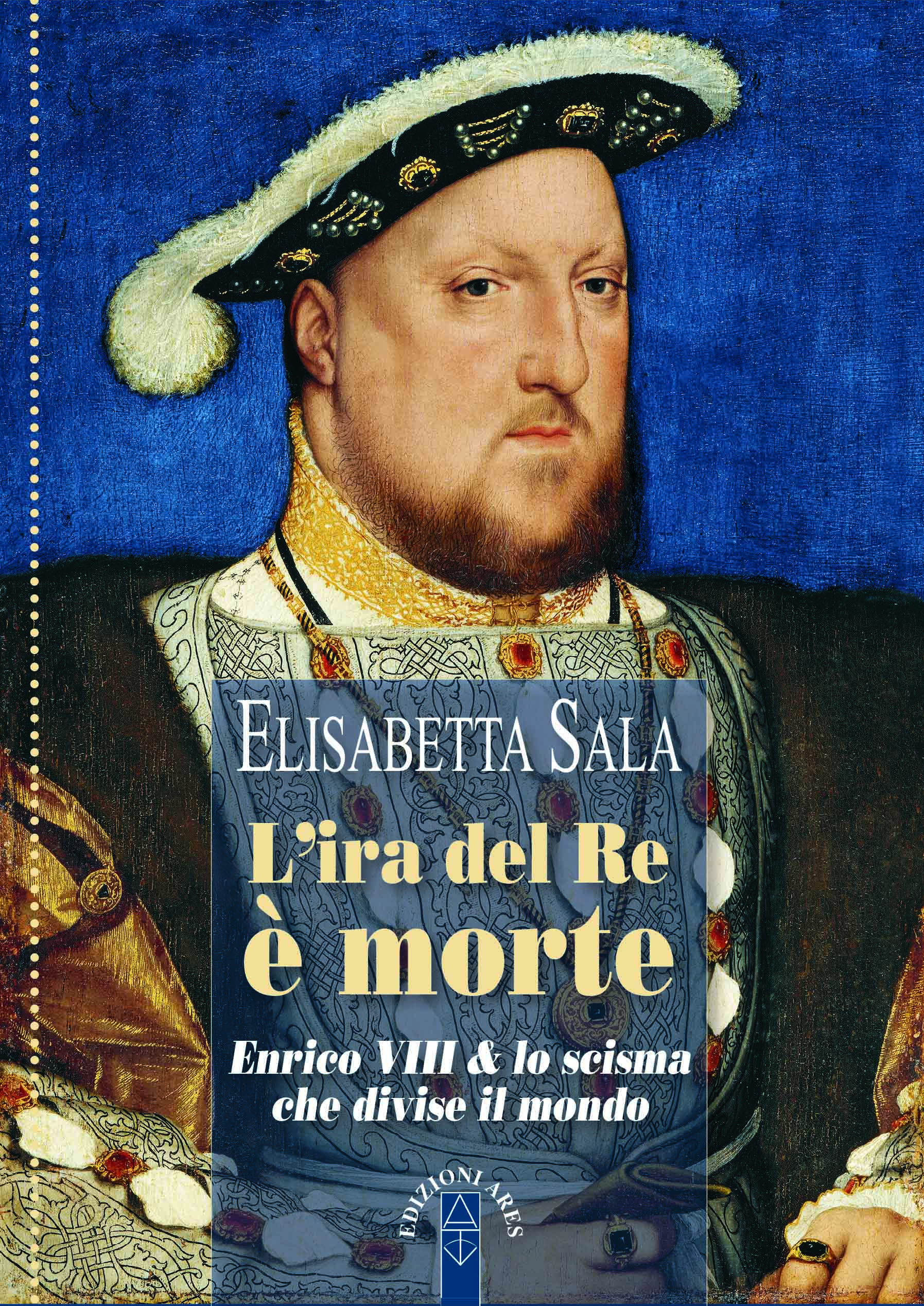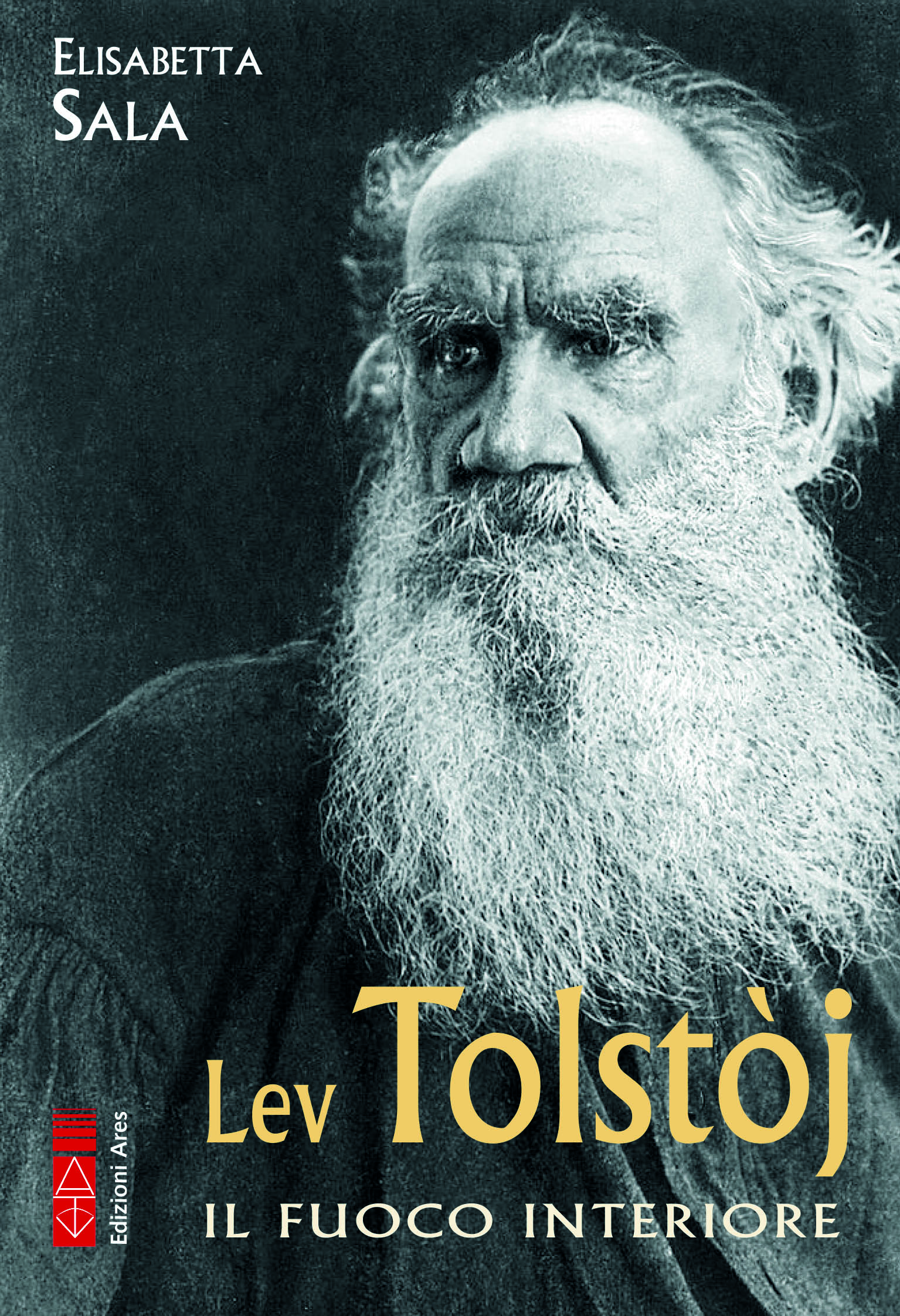
Elisabetta la «sanguinaria»
La creazione di un mito. La persecuzione di un popolo
€23,00
Spese di spedizione per l’Italia: 5,60 €
SPEDIZIONE GRATUITA PER ORDINI SOPRA I 30,00 €
Vedi dettagli e opzioni di spedizione
Disponibile
Di tutta la grande famiglia dei «fratelli riformati», gli anglicani sono quelli che più si avvicinano ai cattolici. Ciò è dovuto al noto senso di moderazione degli inglesi, che hanno saputo trovare un buon compromesso tra gli estremi. Il mirabile equilibrio fu raggiunto da una sovrana straordinaria, tollerante e di larghe vedute, che seppe contrastare il fanatismo religioso della sorella (Maria la sanguinaria) riuscendo a creare una fede che fosse veramente nazionale.
Elisabetta I fu la regina più amata della storia. Fu lei a saper capire il suo popolo come nessun altro; fu grazie a lei che l’Inghilterra si affermò come potenza mondiale; fu intorno a lei che i suoi sudditi si strinsero come un sol uomo nel momento del pericolo. Lei la regina adorata, osannata, celebrata, e dai più grandi poeti, come Gloriana, la Regina Vergine.
Tutto ciò è romantico e commovente; peccato che, come questo libro dimostra documenti alla mano, sia profondamente falso. Il regime elisabettiano fu, di fatto, un sistema totalitario tra i più amari della storia. Peccato che il mito di Gloriana sia stato sapientemente costruito, pezzo dopo pezzo, da una minoranza al governo che fece carte false per conservare il potere. Peccato che il popolo si sia visto perseguitato, impoverito, oppresso come mai prima di allora. Peccato che la tanto decantata «vicinanza» degli anglicani al cattolicesimo sia nata da un duplice desiderio fondamentalmente molto semplice e concreto: gettare fumo negli occhi dei sudditi e formare una gerarchia di agenti governativi travestiti da ecclesiastici. Peccato che l’evoluzione-involuzione degli inglesi sia costata migliaia di vite umane, molte delle quali (tra cui anche la Regina di Scozia) finirono immolate e squartate sul patibolo per alto tradimento.
Peccato che, come nel Mercante di Venezia shakespeariano, lo scrigno d’oro contenga soltanto un teschio.
Sala Elisabetta
Of the whole large family of “Reformed brethren,” the Anglicans are the closest to the Catholics. This is due to the well-known sense of moderation of the English, who were able to find a good compromise between the extremes. The admirable balance was achieved by an extraordinary, tolerant and open-minded sovereign who was able to counter her sister’s (Bloody Mary) religious fanaticism and succeeded in creating a faith that was truly national.
Elizabeth I was the most beloved queen in history. It was she who knew how to understand her people like no one else; it was thanks to her that England established itself as a world power; it was around her that her subjects clutched as one in time of danger. She the queen adored, hailed, celebrated, and by the greatest poets, as Gloriana, the Virgin Queen.
All this is romantic and moving; too bad that, as this book shows documents in hand, it is profoundly false. The Elizabethan regime was, in fact, one of the most bitter totalitarian systems in history. Too bad that the myth of Gloriana was cleverly constructed, piece by piece, by a ruling minority that played fast and loose to retain power. Too bad the people saw themselves persecuted, impoverished, oppressed as never before. Too bad that the much-vaunted “closeness” of the Anglicans to Catholicism was born out of a fundamentally very simple and concrete twofold desire: to throw smoke in the eyes of the subjects and to form a hierarchy of government agents disguised as clerics. Too bad that the evolution-involution of the English cost thousands of lives, many of whom (including the Queen of Scots) ended up immolated and quartered on the gallows for high treason.
Too bad that, as in Shakespeare’s Merchant of Venice, the golden chest contained only a skull.





